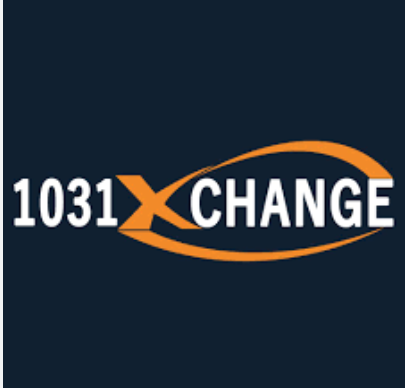
Smarter Investing with Delaware Statutory Trust 1031
Investing in real estate can be a lucrative venture, but it comes with certain risks that you need to understand before taking the plunge. One popular investment strategy is the use of a 1031 exchange to defer capital gains taxes when selling one property and using the proceeds to purchase another. And when it comes to 1031 exchanges, 1031 exchange advisor have become a popular option in recent years. In this guide, we’ll explore the basics of DSTs and provide you with everything you need to know to navigate this investment option with confidence.
What is a Delaware Statutory Trust (DST)?
A DST is a legal entity that allows multiple investors to pool their money together and invest in a single piece of real estate. This investment model has become increasingly popular over the past few years for several reasons. First, it allows investors to diversify their portfolio without having to directly manage a property themselves. Second, by pooling resources, investors can access larger, higher-value properties which can provide greater investment returns. Finally, a DST offers the benefit of a passive investment that generates regular cash flow without the need for active involvement from the investor.
How does a 1031 exchange work with a DST?
A DST can effectively function as a replacement property in a 1031 exchange. By investing in a DST, the investor can defer capital gains taxes from the sale of their current property by using the proceeds to purchase shares in a DST. To qualify under IRC Section 1031, the properties must be like-kind meaning they must be of the same nature, character or class.
What are the risks of investing in a DST?
Like any investment, there are risks associated with investing in a DST. While a DST is designed to be passive, there are still management and operational risks involved that can impact the investment’s performance. Investors should carefully review the offering documents for any DST they are considering investing in and weigh the potential risks against the potential rewards.
How to invest in a DST?
Investing in a DST typically requires a minimum investment amount, and investors must be accredited, meaning they have a net worth of $1 million or an annual income of $200,000 for the preceding two years. Investors can work with a trusted financial advisor or broker-dealer that specializes in DST investments to identify suitable opportunities that align with their investment goals.
Final thoughts
Investing in a DST can be a valuable investment option for investors looking to diversify their portfolio or defer capital gains taxes through a 1031 exchange. It is important, however, that investors fully understand the risks involved and carefully review the offering documents before making any investment decisions. As with any investment opportunity, it is vital to work with a trusted financial advisor or broker-dealer to identify suitable opportunities that align with your investment goals.
Conclusion:
In conclusion, investing in a DST can offer an attractive investment opportunity for those looking to diversify their portfolio or benefit from a 1031 exchange. However, understanding the specific risks associated with this investment model is critical to making informed decisions. By working with a trusted financial advisor or broker-dealer, investors can navigate the options available to them and make investment decisions with confidence.